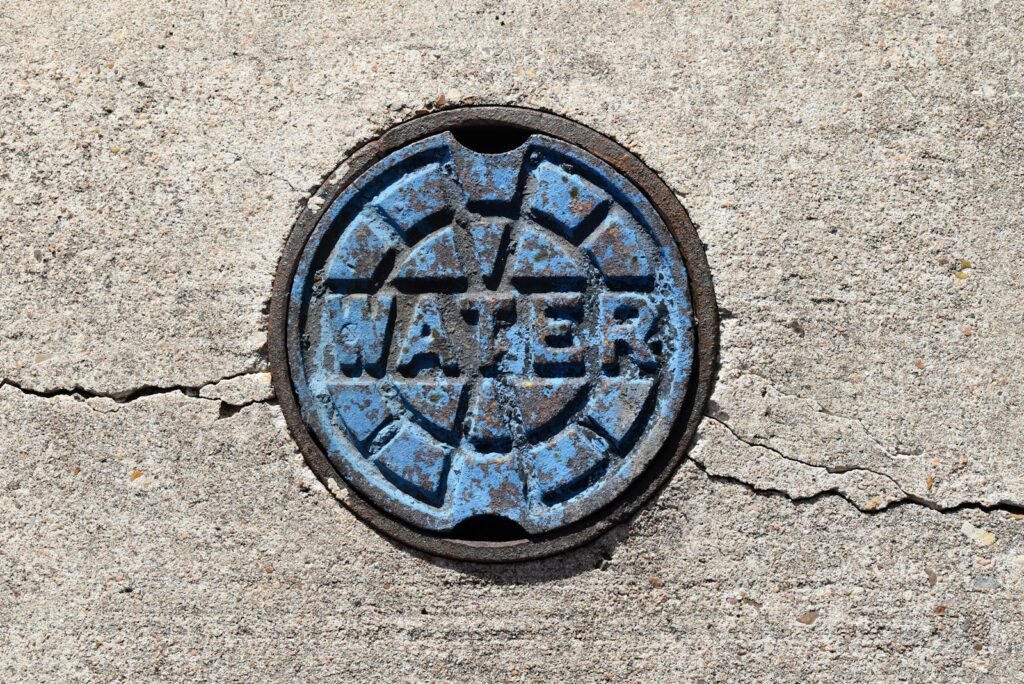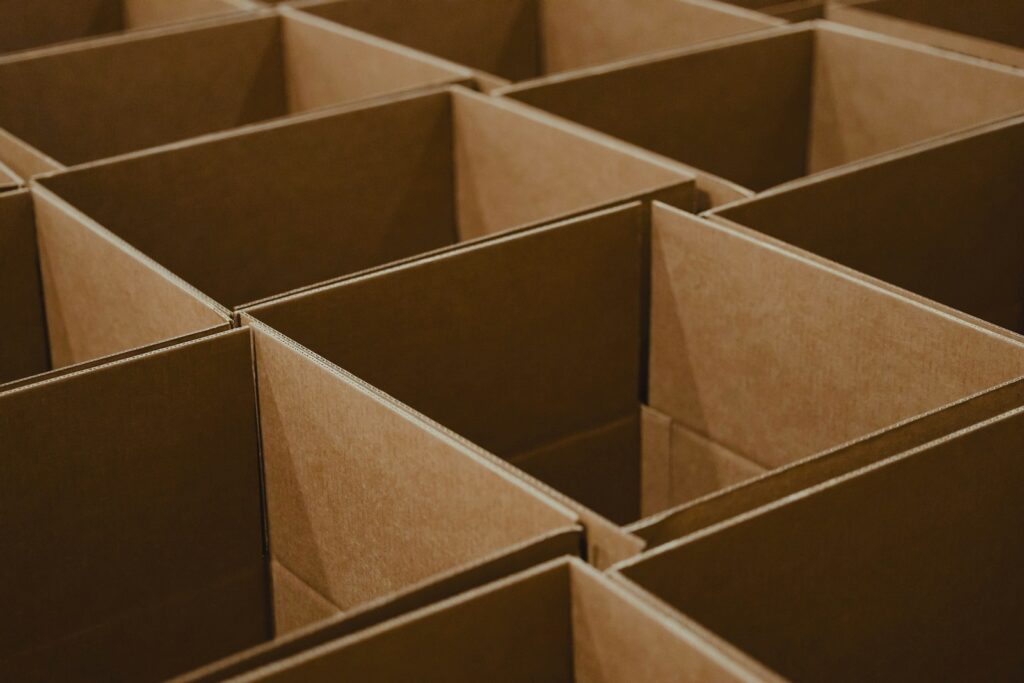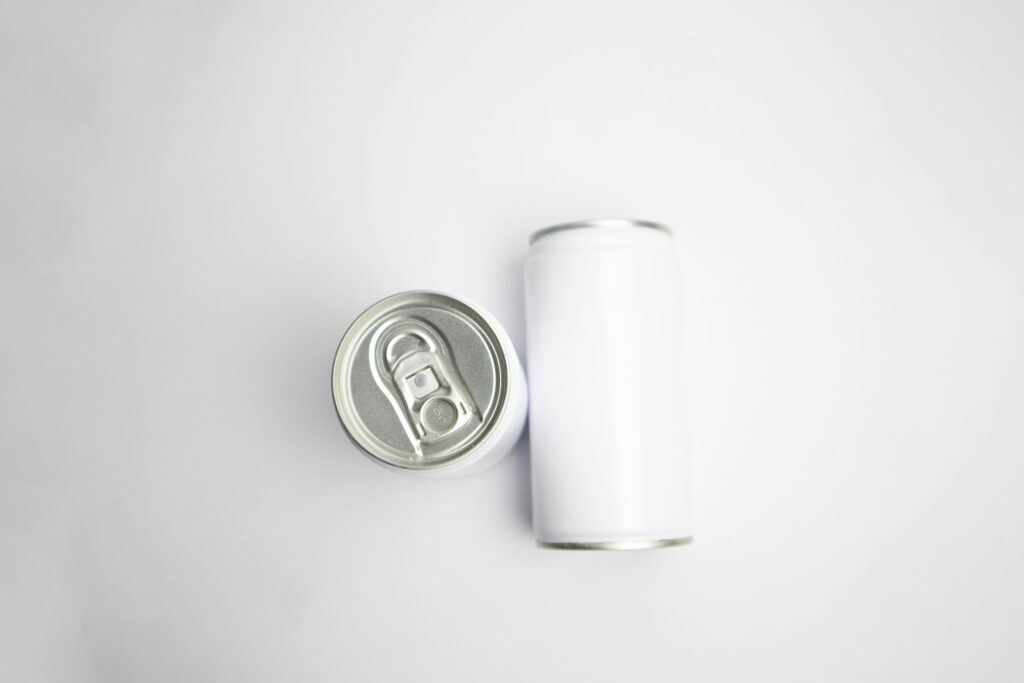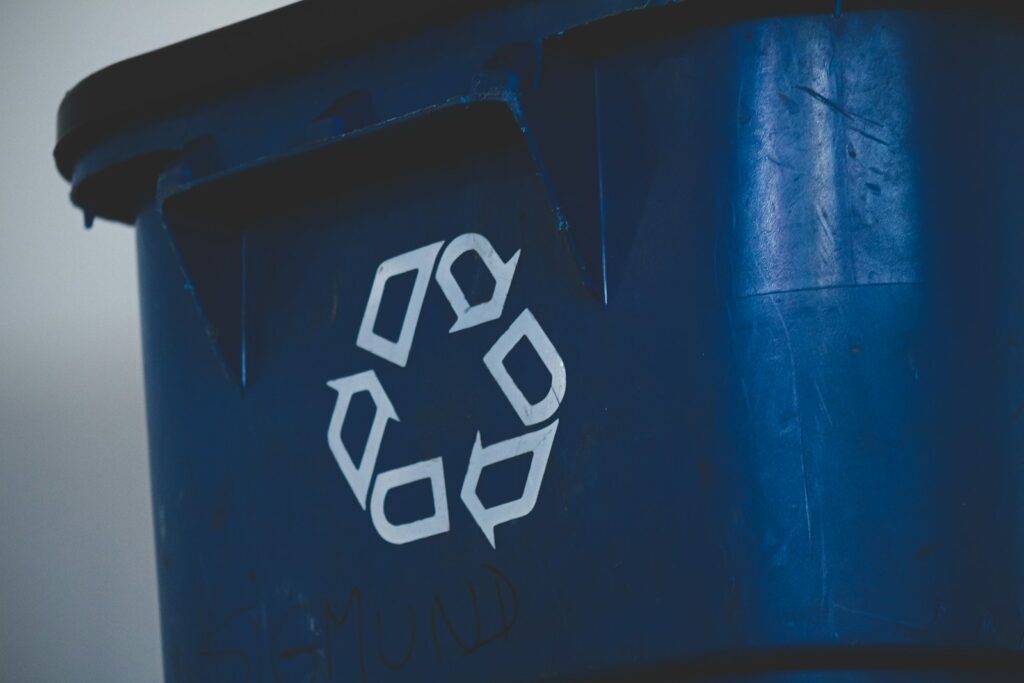Compostable packaging is the innovation needed to tackle the problem of plastic pollution, writes Daphna Nissenbaum CEO and Founder of TIPA.
Over the last few years, the extent to which plastic pollution is harming the planet has been dramatically pushed to the forefront of consumer consciousness.
As widespread concern among the public proliferates, government, retailers and manufacturers are finding themselves under increasing pressure to act and implement solutions to protect the future of our planet.
As a result, the UK government has been taking a lead in tackling plastic waste, aiming to turn the current crisis into an opportunity.
Retailers themselves have been making admirable changes; plastic-free aisles in supermarkets and banning items such as plastic straws, cotton buds and drink stirrers are great steps in the right direction when combatting the excessive use of plastics.
Whilst all efforts to reduce single-use plastic are welcomed, these measures are perhaps not decisive enough given the current circumstances with plastic pollution.
Although plastic straws, drink stirrers and cotton buds are indeed harmful to the environment, flexible packaging products such as food wrappers, film lids and packets are among the most common causes of plastic pollution.
After decades of the packaging industry benefitting from using a very cheap material like conventional plastic without taking into consideration the material’s end of life consequences, the industry is now realising this is no longer acceptable.
Food spoilage
It’s important to remember that in some specific cases (for example, soft fruits and vegetables, greens, herbs, bread, etc.), packaging actually plays an important role in preventing early food spoilage, extending shelf life and significantly decreasing the level of food waste and associated social, environmental and economic losses.
The challenge with conventional plastic packaging is that its negative impacts often outweigh its benefits, because the vast majority of conventional plastic food packaging isn’t and cannot be reused or recycled.
Therefore, material innovation in the industry is desperately needed. Several players are making headway in this space; there is now a variety of viable alternatives available on the market in the form of compostable flexible packaging, that can provide all the positive properties of conventional packaging while eliminating its wasteful aspects.
This new generation of packaging has the same end-of-life as the food it is designed to protect, and it can be composted along with organic leftovers and safely return to the biosphere, enriching it with nutrients, helping to replenish our soil and reducing dependency on fertilizers.
Eco-friendly
Compostable packaging has the capability to break down fully into soil in a matter of months, just like an orange peel. Sharing many of the same properties as plastic, compostable packaging can also work on the same machines’ food manufacturers use for standard flexible plastic packaging.
This is proof that an eco-friendly approach doesn’t have to be a compromise, for either businesses or consumers.
Compostable flexible packaging offers a solution in direct response to retailers’ requirements. For product lines, it allows them to proactively adapt to consumer pressure and further legislation from government organisations.
Not only will we now be able to reduce ‘avoidable plastic waste’ as pledged by Theresa May, but we will also be able to transform this packaging into soil which can introduce natural resources back into the environment.
Overall, in the past year, the UK has made tremendous strides in the battle against single-use plastic and has positioned the country as a global leader in the field.
But for this to continue into the next few years, there needs to be a new systemic view on the challenges ahead and more reception towards business and material innovation in order to achieve a true paradigm shift in the field.

















What are the plans to invest in composting infrastructure? How will the compostable packaging be cost effectively collected, sorted and processed? How will you identify compostable vs non-compostable packaging? How will you avoid consumers littering compostable packaging? Huge challenges and huge opportunities but somebody has to step up and pay to push these opportunities ahead – whom?